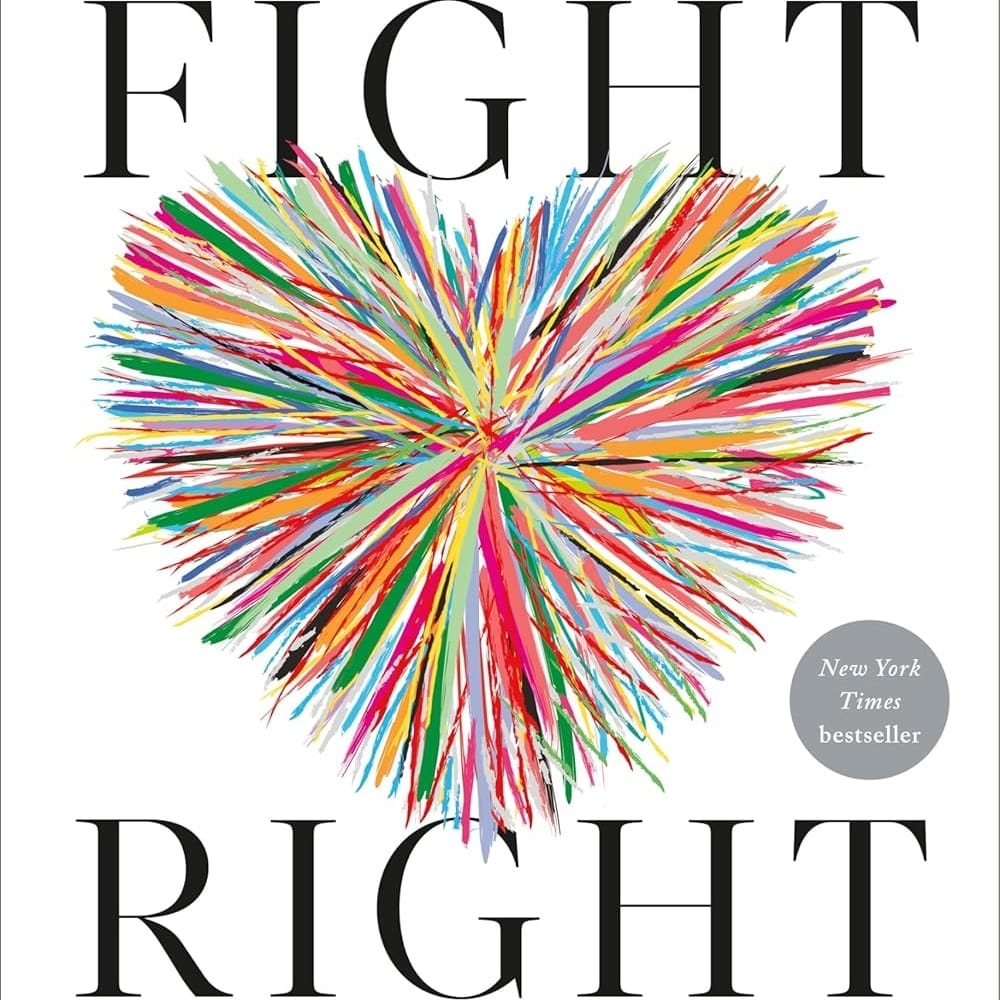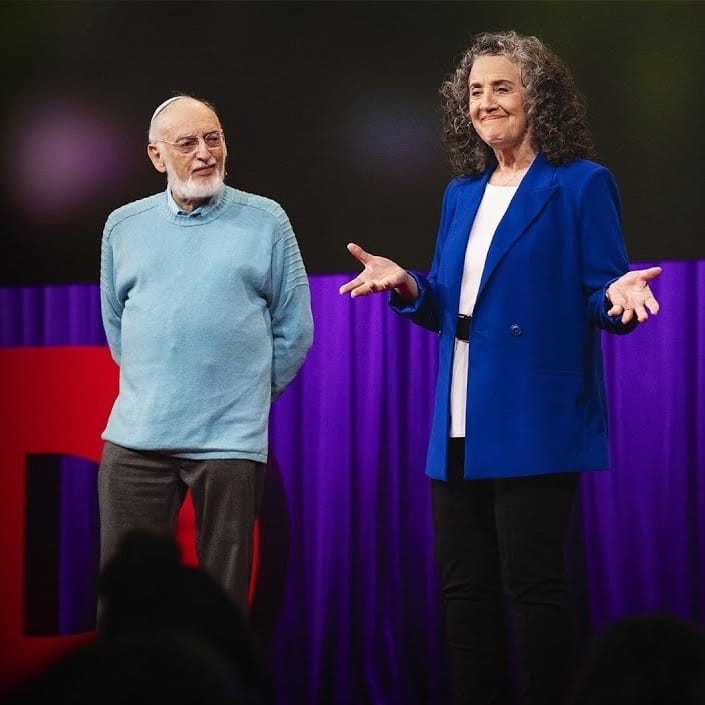You’d think brushing your teeth and hitting “do not disturb” on your phone would be the prelude to blissful sleep. But every so often, it feels more like we’re queuing up another rerun of Everybody Loves Raymond.
Teresa is already in bed, lights out, covers pulled, when I slip under the sheets. After a long and busy day, I tell myself I deserve a few minutes of reading before sleep. So I reach for my phone, thumb hovering over the Kindle app. And then it begins—right on cue. Teresa sighs, rolls over, and delivers her line with the comic timing of a seasoned sitcom star: “How long are you going to be on your phone?”
She imagines she’s asking gently. I hear it as cross-examination. My inner lawyer—overpaid, under-qualified, and always on retainer—leaps to his feet: This tiny glow? Really? This is what’s unraveling your REM cycles? And then, with all the grace of a six-year-old keeping score, I start tallying her own nocturnal crimes: four a.m. scrolling, random audio clips jolting me awake, while I lie there in monk-like silence, a martyr to fairness.
But of course, it’s not really about the glow. It’s about fairness—at least, our competing versions of it. It’s about control—who gets to call the shots when preferences collide. And it’s about comfort—whose needs should take precedence in the dark. In other words, it’s about our subjective realities: what each of us believes is reasonable, tolerable, or right.
The glow is only the spark; the fire is everything smouldering underneath. And if we don’t catch ourselves, what should be a calming bedtime ritual turns into a fight that keeps us awake longer than the book ever would.
Here’s the thing: conflict itself doesn’t destroy relationships. What does are the toxic cycles we fall into when we don’t know how to navigate them.
When Conflict Becomes the Problem
Conflict isn’t what destroys relationships. The research is clear: even the happiest couples fight. John Gottman, who has studied thousands of couples over four decades in his “Love Lab,” found that conflict is inevitable.
What separates couples who thrive from those who collapse isn’t whether they argue. It’s how they argue.
Unhealthy conflict follows a recognizable pattern. A small disagreement—say, who left the dishes in the sink—quickly mutates into a character indictment: “You’re completely unreliable.” Defensiveness surfaces, someone shuts down, and before long, you’re no longer fighting about dishes. You’re fighting about fighting. The argument ends not with resolution, but with exhaustion. The silence that follows doesn’t feel like peace; it feels like distance.
Why Fights Escalate
Most of us think we’re arguing about chores, budgets, or—yes—the blue glow of a phone screen at midnight. But those surface issues are rarely the real problem. Beneath them are deeper needs: to feel respected, valued, and seen. When those needs aren’t met, even neutral questions sound like accusations.
Layer onto that the patterns Gottman calls the “Four Horsemen of the Apocalypse”—criticism, contempt, defensiveness, and stonewalling—and you’ve got the makings of a relational wildfire.
Criticism attacks character. Contempt rolls its eyes with a smirk. Defensiveness blocks any chance of responsibility. And stonewalling—one partner shutting down—slams the door on connection altogether.
Add life stress to the mix, and it’s combustible. Work deadlines, financial pressure, caring for kids or aging parents—all of it spills into the relationship. The people we love most are often the ones who absorb the stress we don’t know where else to put. And unless we recognize it, or know how to manage it, that stress quietly hijacks our arguments—turning small sparks into full-blown fires.
Then there’s temperament—our underlying wiring in how we handle conflict. Some of us are wired to talk it out immediately—the pursuers who feel restless until the air is cleared. Others are wired to retreat and breathe—the distancers who need space to calm down before they can re-engage.
One escalates, the other withdraws. Each temperament makes sense on its own, but when they clash, the cycle feeds itself: the more one pursues, the more the other distances, and round and round it goes.
And here’s the surprising finding: 69% of conflicts in long-term relationships are what Gottman calls perpetual problems. They don’t get fixed because they’re rooted in fundamental differences—the deeper differences in dreams, values, or life philosophies that never truly go away. A fight about money might actually be a clash between security and adventure. A fight about social media might be about freedom versus connection.
Which means the goal isn’t to eliminate conflict. It’s to change how we engage it—by understanding and honouring each other’s subjective reality, instead of fighting over whose version of fairness, control, or comfort should win.
What Healthy Conflict Looks Like
So if every couple fights, what’s the secret of the couples who make it? Gottman’s research shows that it’s not the absence of conflict but the presence of repair, respect, and positive sentiment.
Happy couples keep a different balance: for every negative interaction during a fight, they have at least five positive ones. That “magic ratio” doesn’t mean you need to compliment your partner five times before you disagree—it means the overall tone remains respectful, affectionate, even when heated. A sigh is balanced by a smile. A sharp word is softened by a touch on the arm.
They also make repair attempts—those small gestures that break the spiral. A joke, an affectionate aside, or even a simple “Let’s take a breath.” These couples aren’t immune to tension, but they know how to interrupt it before it takes over.
And crucially, they assume the best. Instead of defaulting to suspicion, they give their partner the benefit of the doubt. That positive lens—what Gottman calls “positive sentiment override”—turns even clumsy repair attempts into connection rather than rejection.
Tools You Can Try
Conflict won’t vanish, but it can change shape. The skills are learnable. You can start with simple shifts:
Begin gently. Replace “You always…” with “I feel hurt when…”
Look for what makes sense. Even if you disagree, affirm one part of your partner’s perspective.
Repair early. If your tone slips, pause: “Let me try again—I want us to understand each other.”
Lean on the 5:1 ratio. Add small positives—even in the middle of conflict—eye contact, a smile, a touch—to steady the floor beneath the conversation.
A Different Way Forward
Handled poorly, conflict corrodes trust. Handled well, it becomes the very material of intimacy. Every argument is an opportunity—not just to solve a problem, but to strengthen the bond.
So the next time the glow of a phone feels unbearable, pause. It’s probably not about the glow. It’s about the question underneath it: Are you here with me? Do I matter? Do you care—do you care as much about me as you do yourself?
And that’s a fight worth leaning into.
Until next week,
Jonathan Penner | Co-Founder & Executive Director of LifeApp


Resources To Dig Deeper

Book
Fight Right: How Successful Couples Turn Conflict Into Connection
In Fight Right, Drs. John and Julie Gottman, the world’s leading relationship scientists, reveal why conflict doesn’t have to drive couples apart. Drawing on decades of research from their famous “Love Lab,” they show that the happiest couples fight often, but differently: they avoid five common mistakes and instead practice five key skills that transform arguments into opportunities for intimacy. With warmth and clarity, the Gottmans help partners understand their unique “conflict cultures,” move beyond win-or-lose battles, and use disagreement to build trust, deepen connection, and strengthen love for the long run.
-Drs. John & Julie Schwartz Gottman

Video
Even Healthy Couples Fight - The Difference Is How
Can conflict actually bring you and your partner closer? It depends on how you fight, say Julie and John Gottman, the world’s leading relationship scientists. They share why the way couples fight can predict the future of their relationships — and show how anybody can transform conflict into an opportunity for deeper connection and understanding.
-Julie & John Gottman / TED (17:16)

Music
We Don’t Fight Anymore
“We Don’t Fight Anymore” paints a haunting picture of what happens when conflict dies not because it’s resolved, but because the couple has stopped caring. The song captures the quiet erosion of intimacy—two people lying in the same bed, but emotionally an ocean apart. The absence of fighting isn’t peace; it’s indifference. No yelling, no anger, not even jealousy—just silence where passion used to live. It’s a stark reminder that fighting right matters: when we stop engaging altogether, we also stop reaching for understanding, and the relationship slowly withers into distance.
-Carly Pearce ft. Chris Stapleton (4:46)

